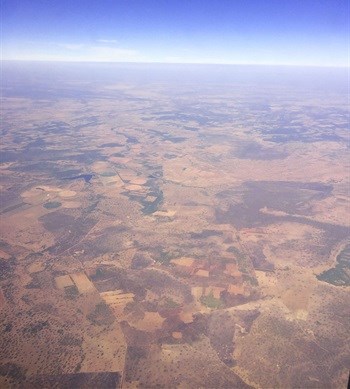
Top stories





Energy & MiningGlencore's Astron Energy gears up with new tanker amidst Sars dispute
Wendell Roelf 16 hours

More news

















Logistics & Transport
Uganda plans new rail link to Tanzania for mineral export boost










Firstly, these statements conflict with the provisions of our constitution that provides for orderly land reform. “As in Zimbabwe we have seen the utter devastation that accompanies the effects of land invasions, where it not only creates massive insecurity from an investment perspective, but it leaves those who are on the land in a poverty trap situation where they cannot fend or feed themselves,” Ernest Pringle, chairman of Agri SA’s policy committee on agricultural development remarked.
The entire value chain starts with farmers and constitutes approximately 3% of our countries’ GDP. Where the production base is eroded, thousands of jobs will be at risk. Financial systems, agricultural safety and investment is intricately connected. Where the primary piece of this puzzle is affected the rest suffers, according to Pringle.
“We need to approach these matters in a very responsible and mature manner”, Möller mentioned.
“We are willing to engage with any party in designing solutions for the transformation of the sector and the creation of successful new commercial farmers. We are working closely with the Department of Agriculture Forestry and Fisheries and the Department of Rural Development and Land Reform to pilot some schemes and we’ve had several successes in this regard. Land itself does not mean much without the capital and skills to develop a business that is both profitable and sustainable. Therefore, we are the only country in Sub-Sahara Africa that is food secure, and we dare not mess with our success formula," says Pringle.